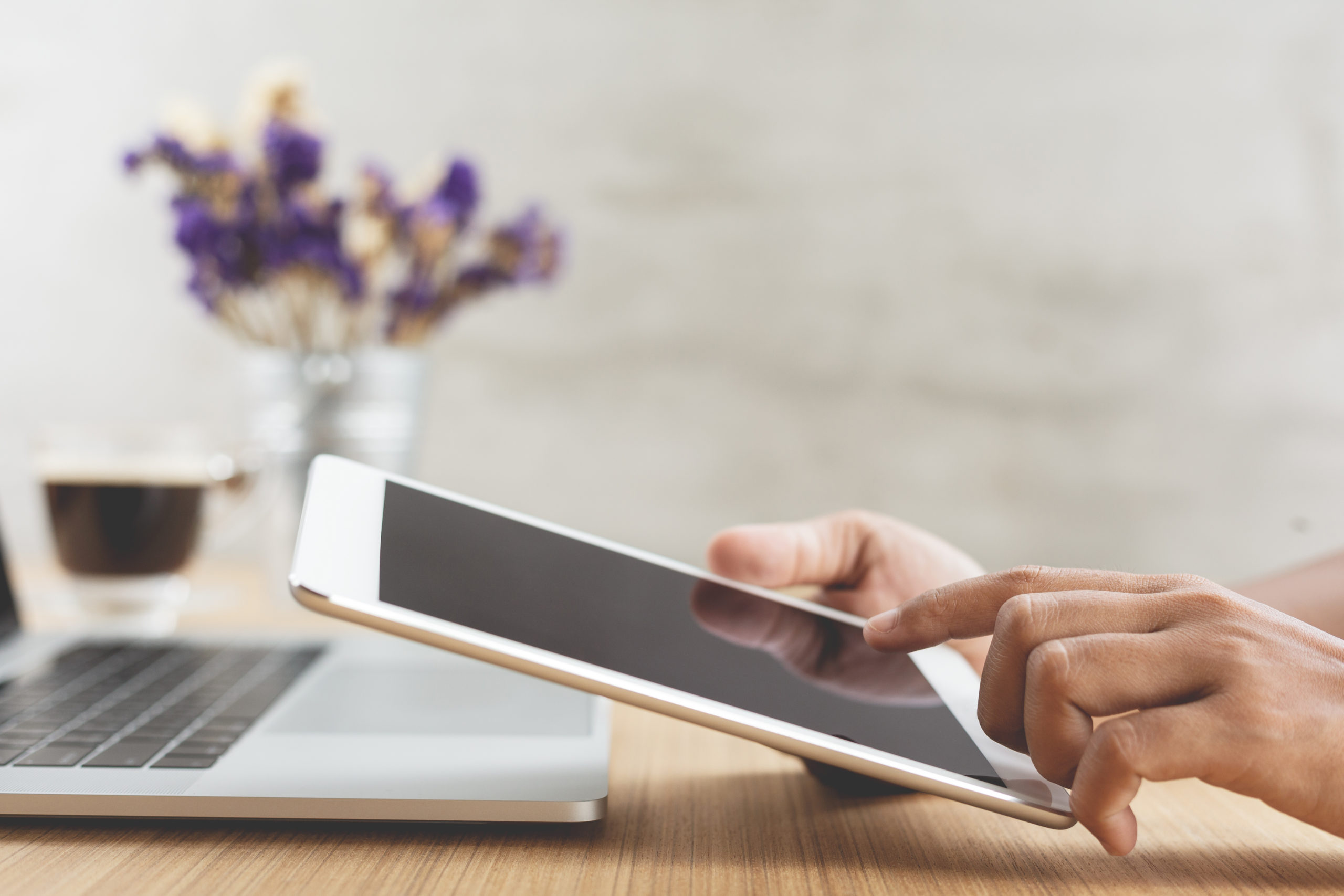As CEO of Valant Medical Solutions, and as a practicing psychiatrist, I am motivated to continuously explore the increasing potential technology has in assisting clinicians within their practice. Without a doubt, the availability of powerful and accessible Web Tablets has transformed the way I approach clinical documentation during my patient encounters at the clinical point of care and, with Valant’s web based software for example, anytime and anywhere I have internet connection.
Tablets afford you the opportunity to more easily extend the reach of the EHR beyond the desktop and into your clinical encounter, waiting room, and beyond. In the last 12 months, I have had the opportunity to test three distinct products, two of them offered by Apple (the iPad and the iPad Mini), along with Microsoft’s Surface Pro.
Were you to ask me last month which device I preferred I would have named the iPad for its form factor, clear screen, and appliance-like simplicity. Today, however, I choose the iPad Mini. This device is just as responsive to touch as its larger counterpart, and the sections in the note fit just as nicely on a screen only it’s lighter.
The mini size allows me to hold it in one hand with little effort and it fits so nicely in my raincoat pocket (I do live in Seattle, after all), making it truly mobile. The size, too, naturally takes up less space, resulting in less distraction during the clinical encounter.
While I believe Apple’s iPad family is best for ease-of-use, I did try the Surface Pro for a few weeks. I had very high hopes for this device, due to its greater PC flexibility. Docked to its keyboard, it has the ease of data entry that I appreciate from a laptop, but decupled it has the freedom of a tablet. That being said, as a tablet, the Surface Pro is heavier than the iPad and therefore more difficult to manage during the clinical encounter. It might be a great alternative for those used to using PCs, as it is a fully functional PC that can operate in a tablet mode, albeit a heavier, slightly more cumbersome option over the iPad.
The great news is that there are many great tablets coming on the market over the next year, and talk that existing products (Kindle, Nook, Samsung Galaxy) will become even more powerful. If you are thinking about buying a tablet today, and as you review future products, you may want to consider the following:
- Cost – less than $1,000?
- Light weight and easy to handle. During the patient encounter, you don’t want to appear like you are fumbling.
- Two thumb typing is much nicer than thumb typing.
- 10hr battery life
- Larger than 3”x5” display. Anything smaller and you may as well stick to your smart phone
- Remote wipe capability – if you were to lose your device, you want the ability to log in remotely and wipe the memory. Apple products offer this.
- Voice dictation/recognition is extremely helpful
What device have you found to be good for your clinical documentation, and why do you like it?
AUTHOR: David Lischner








